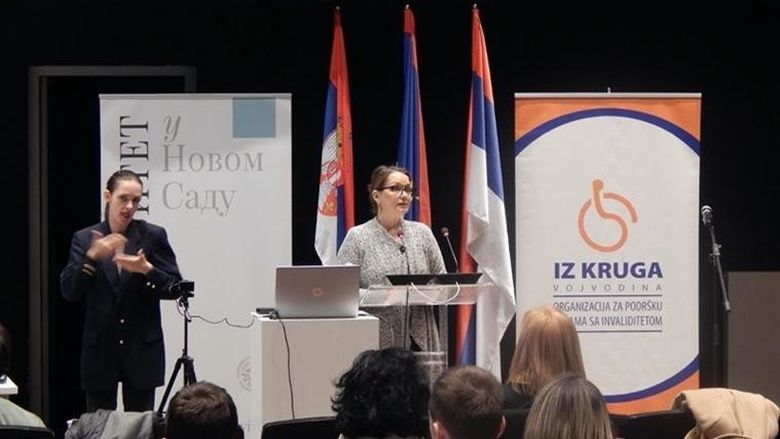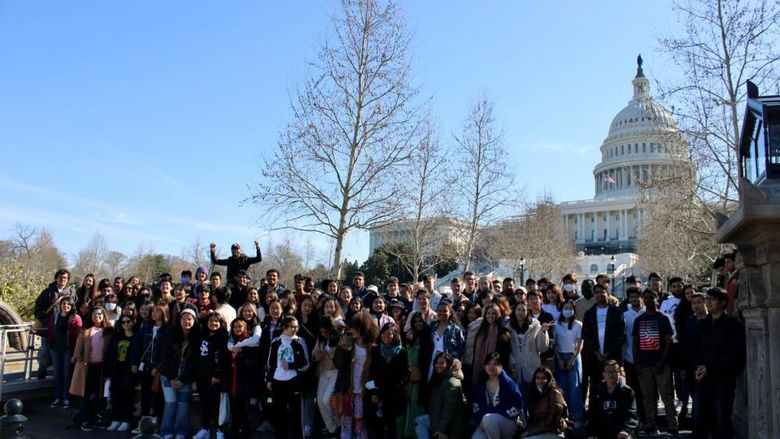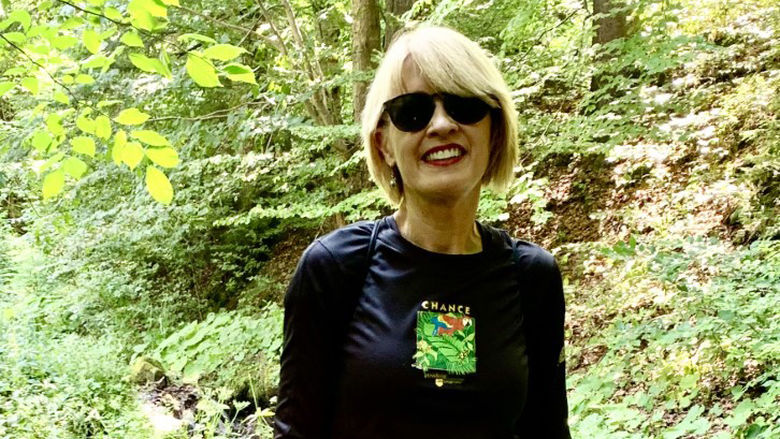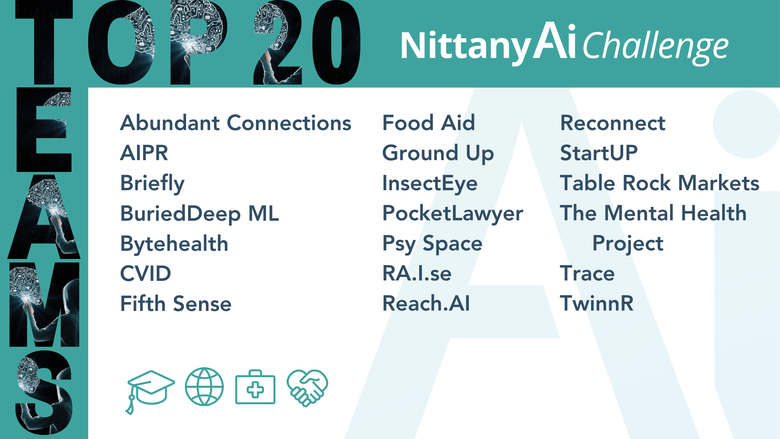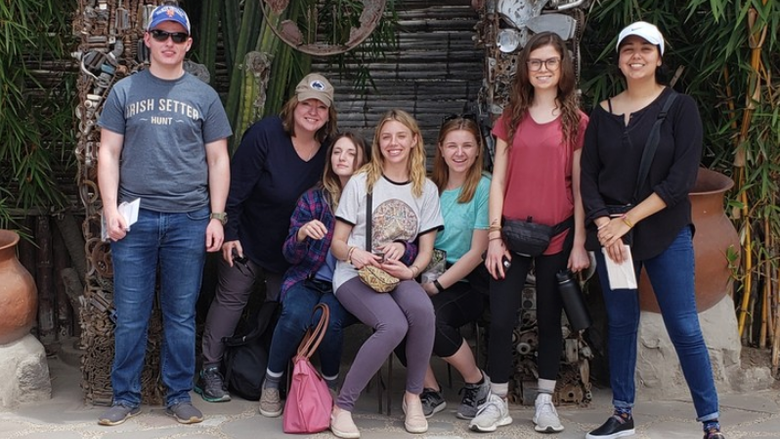
Eleven Penn State Lehigh Valley students under the direction of Lecturer in Mechanical Engineering Tracey Carbonetto (pictured, third from left) will spend the spring semester participating in a cross-cultural project facilitated through Penn State University’s Experiential Digital Global Exchange (EDGE). Pictured with Carbonetto are, from left, Vedat Veziroglu, Ethan Davies, Tobey Field and Fouad Awwad.
CENTER VALLEY, Pa. — Eleven Penn State Lehigh Valley students under the direction of Lecturer in Mechanical Engineering Tracey Carbonetto will spend the spring semester participating in a cross-cultural project facilitated through Penn State University’s Experiential Digital Global Exchange (EDGE) program.
Beginning the week of Feb. 14, Carbonetto and the students will collaborate via Zoom with students and faculty from Ah-Najah National University in Palestine and Institute of Science, Engineering, and Technology (ISET) at Beja in Tunisia. The groups will work with each other under the guidance of United Nations-trained faculty in cross-cultural communication with the goal of completing projects aligned with the U.N. Sustainability Development Goals (SDGs).
The participating PSU-LV students are Ryan Adamson, Aemen Ali, Fouad Awwad, Ethan Davies, Tobey Field, Harsh Sameer Desai, Pallari Satish Mujumdar, Surya Sayee Subramanian, Lexi Spear, Vaishnavi Ajila and Vedat Veziroglu. They’ll meet with their international counterparts on Zoom during the early morning and midday hours to accommodate the time difference and will be placed in groups of five or six to discuss their interests and skills.
Specifically, the students will utilize their skills in computer programming, information science and technology, engineering analysis, and computer-aided drawing to design a product or process that falls under the social entrepreneurship umbrella and addresses issues within the areas of climate change, health care, and education.
“One example I can give would be smart traffic signals that would use camera and GPS imagery to control the flow of traffic through urban areas,” Carbonetto said. “The goal would be to reduce the total idle time of cars waiting for traffic signals to change. This would require some pretty sophisticated coding, durable camera systems, urban planning, etc.”
With any luck, Carbonetto said, the students will come to understand the role of culture within these types of skills and competencies, and how differing cultural perspectives can aid in solving problems here in the United States.
“The goals set forth by the United Nations require a global effort to reach them. EDGE provides a platform for our students to work together in achieving these goals,” Carbonetto said.
The projects will culminate in early May with a final presentation to international faculty and global industry representatives.
For more information on EDGE, visit globaledgeucation.psu.edu.

